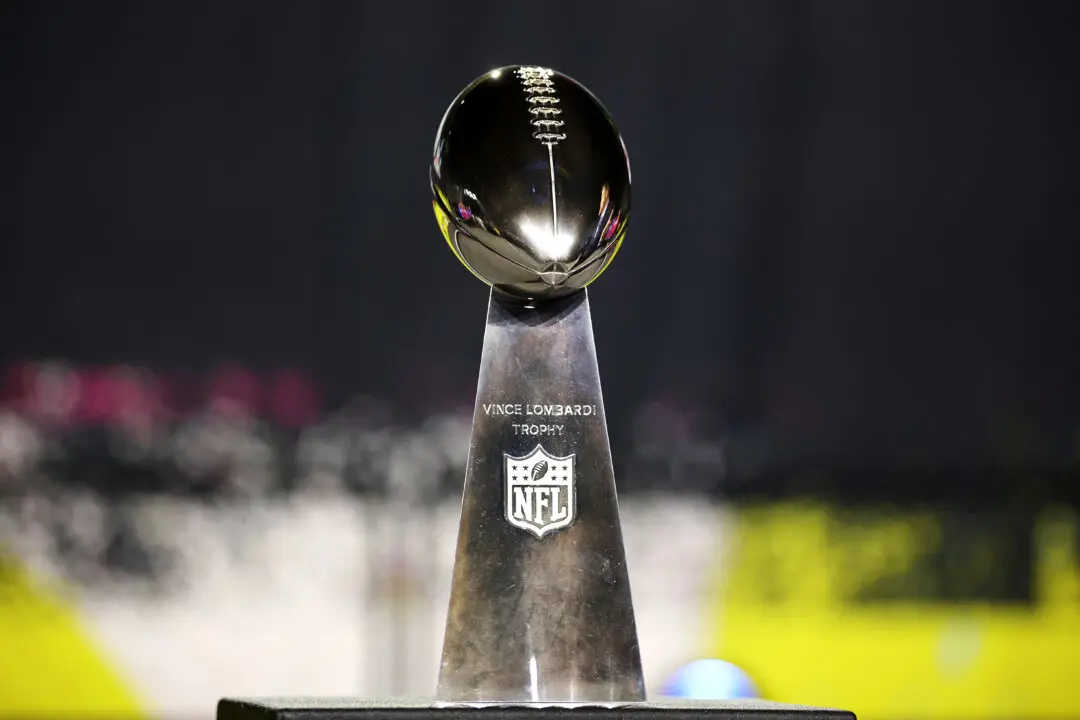Commentary
One of the key pillars undergirding the unprecedented successes of the American republic has been our embrace and adherence to the rule of law. The founding generation believed that nobody was above the law and that the law applied impartially to all (well, at least to all free men).





